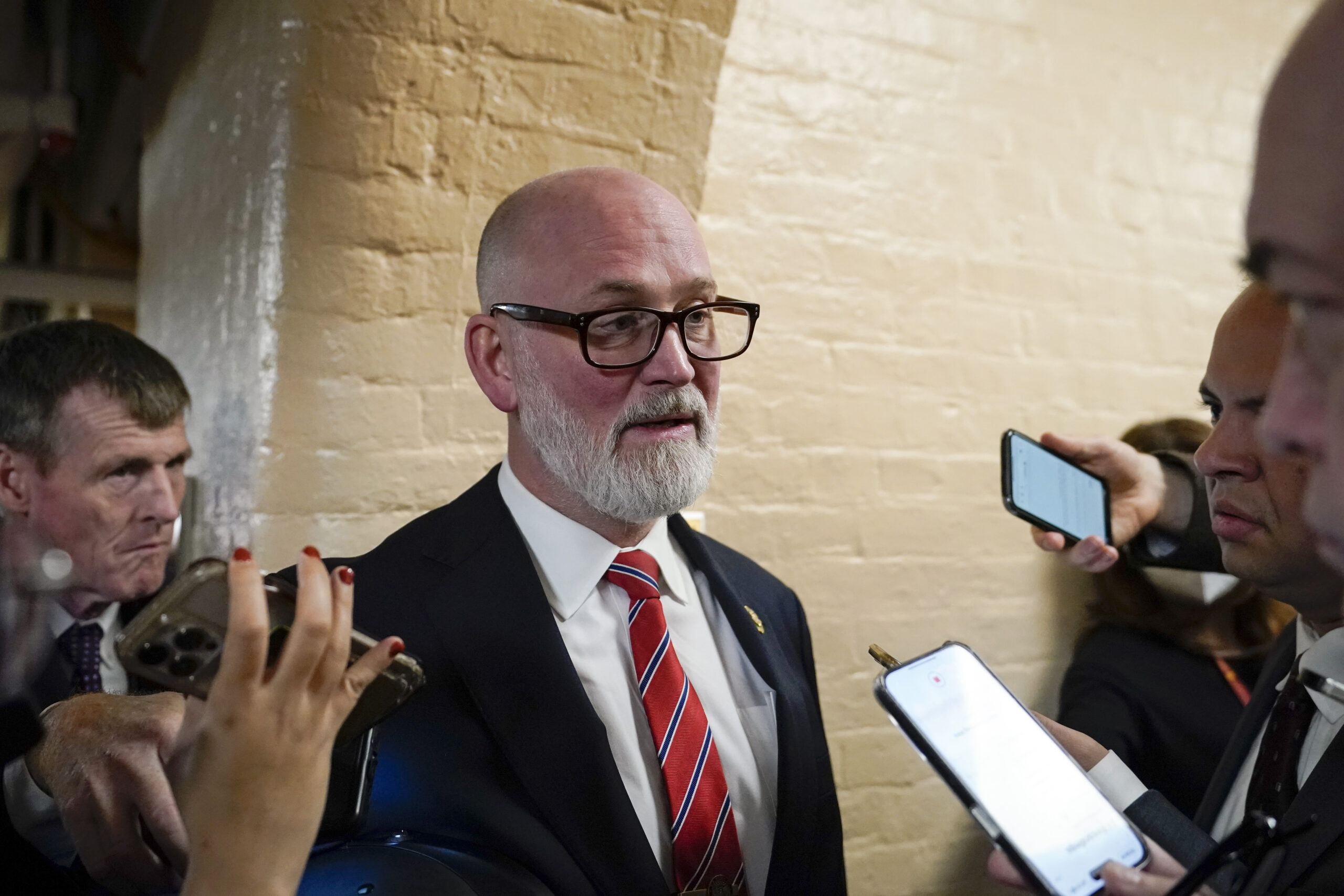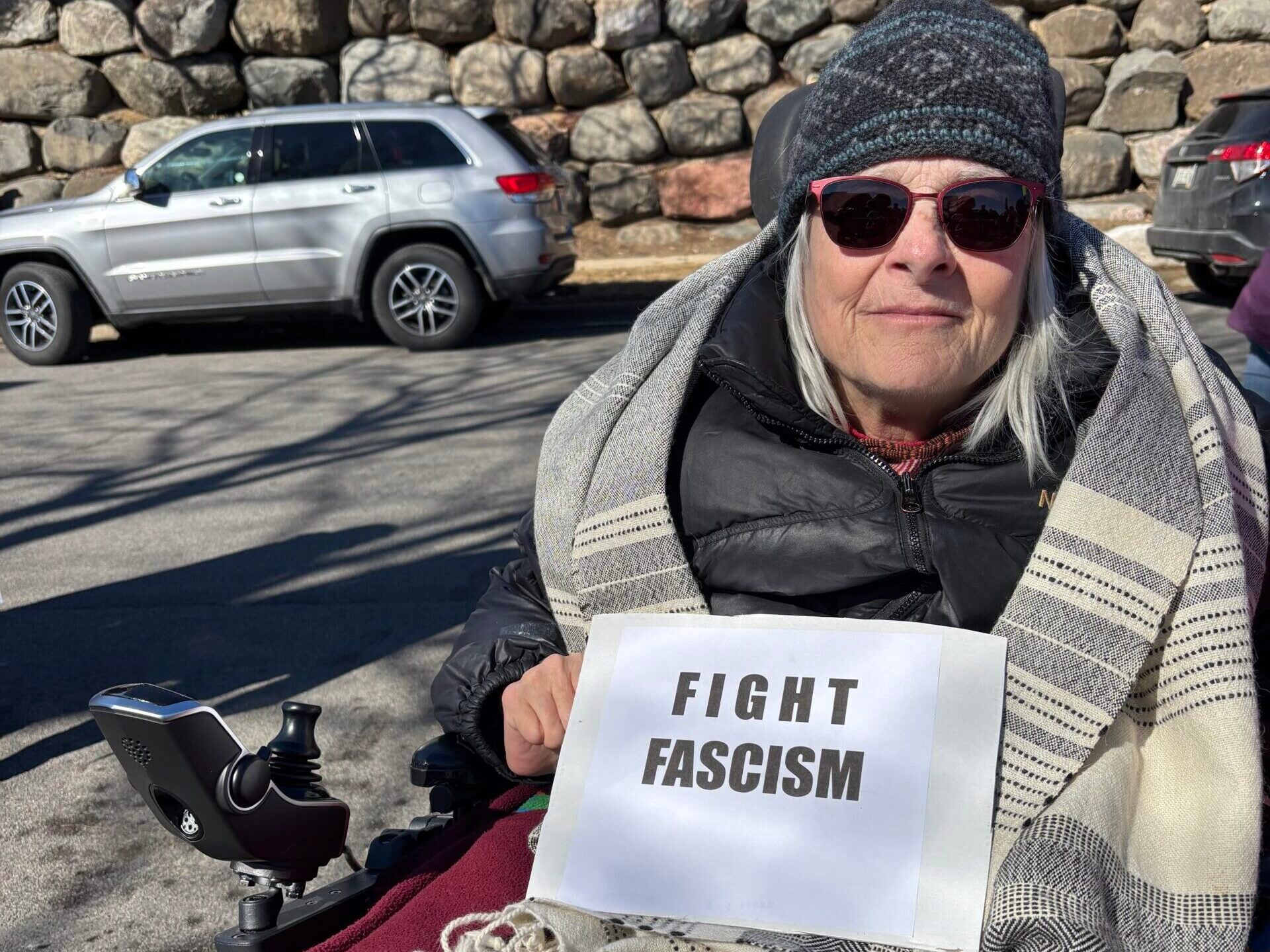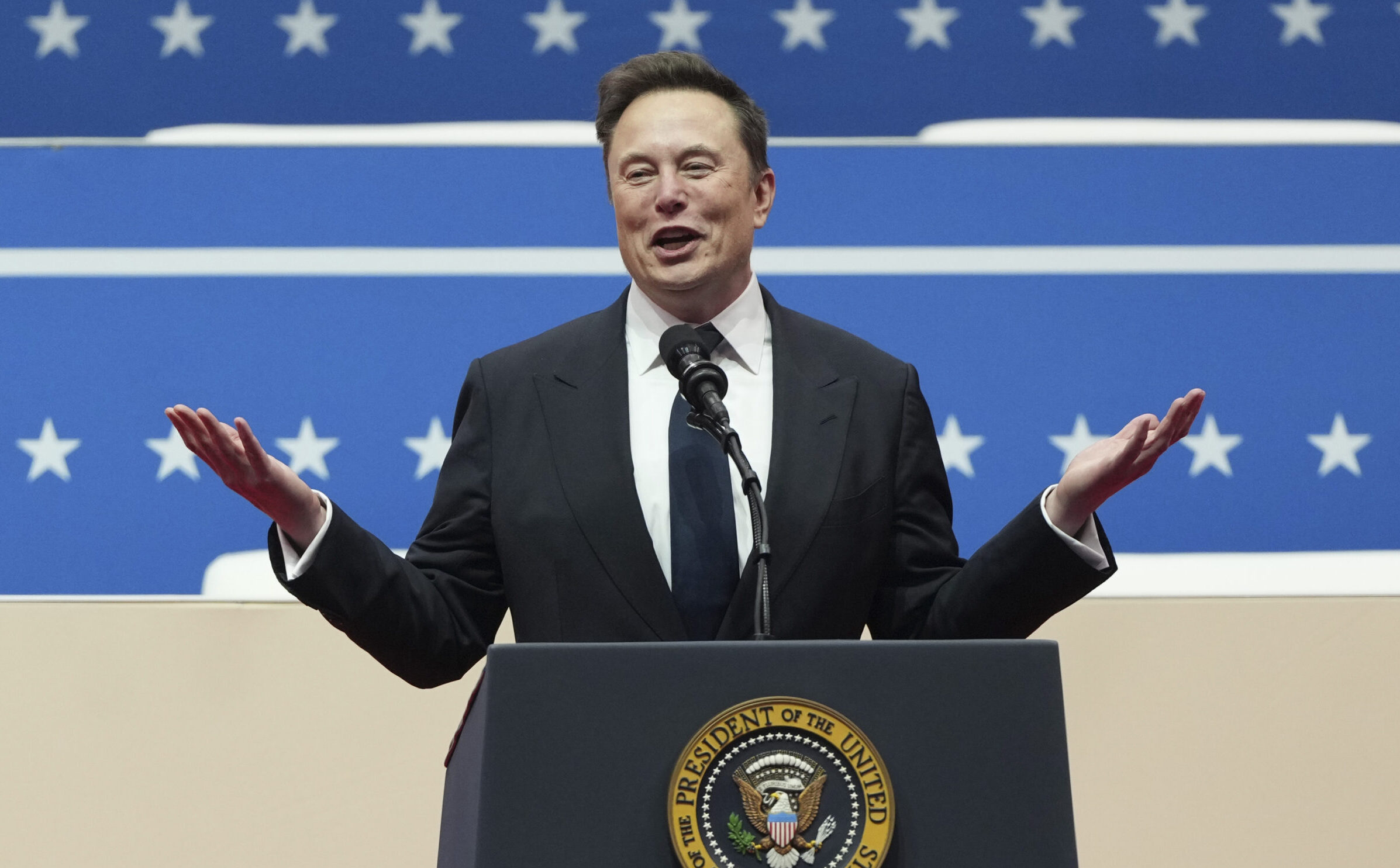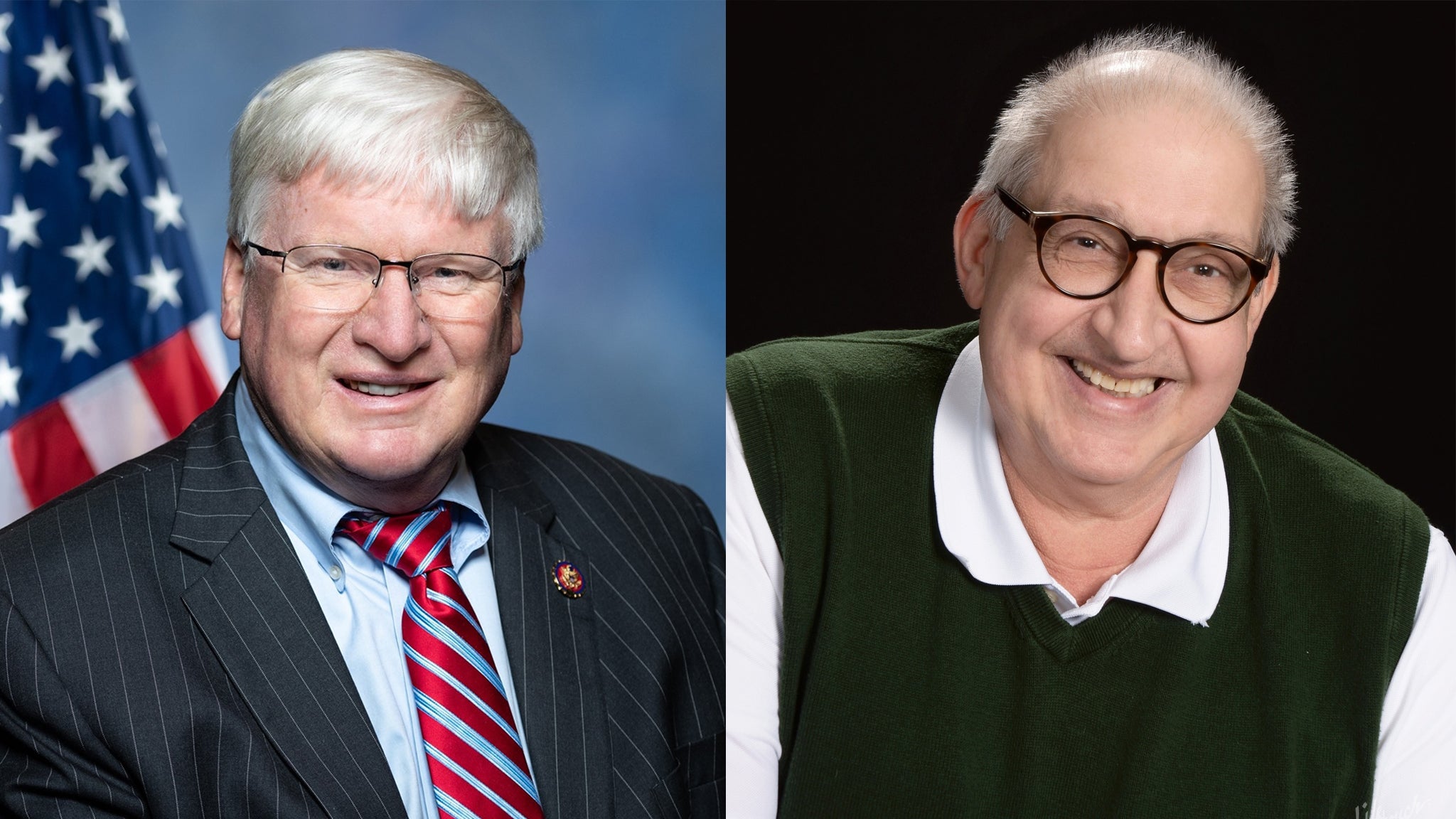Republican U.S. Rep. Glenn Grothman says none of his GOP colleagues are talking about the release of emails showing Donald Trump Jr. agreed to meet with a Russian attorney who promised information that would help President Trump defeat Hillary Clinton in last year’s election.
“In all the meetings I’ve been at this week, I cannot remember one person talking about this story,” Grothman, of Wisconsin, told Wisconsin Public Radio on Thursday.
Trump Jr. tweeted screenshots of the emails earlier this week after the New York Times published a story describing the meeting.
Stay informed on the latest news
Sign up for WPR’s email newsletter.
“This is obviously very high level and sensitive information but is part of Russia and its government’s support for Mr. Trump,” read the email from Rob Goldstone, a music promoter with ties to a Russian real estate billionaire.
Grothman dismissed the idea that the situation would hinder Republican efforts to repeal the Affordable Care Act, rewrite the tax code or pass a federal budget.
“I don’t know why it would be a hindrance on anything because people aren’t even talking about it here,” Grothman said.
Speaking immediately after Grothman on WPR, Democratic U.S. Rep. Ron Kind, also of Wisconsin, disputed that.
“Everyone’s talking about it,” Kind said.
“I mean that’s the classic definition of collusion — that they were actively seeking out another foreign entity’s help and support in a campaign,” Kind said. “If we can’t agree as Americans that this is a serious threat to our democracy, then I’m not sure where our democracy is ultimately heading as a nation.”
Focusing On The Federal Budget
Grothman, who is a member of the U.S. House Budget Committee, said he was focused on passing a budget close to what President Trump unveiled earlier this year, saying he thought Trump’s plan was responsible.
“There are a lot of Republicans who are rebelling against Donald Trump and want to spend a lot more in this budget,” Grothman said. “And quite frankly right now, the Republicans who are rebelling against Donald Trump, who want to spend a lot more money than Donald Trump wanted, are winning the argument.”
But Grothman supported the recent restoration of $300 million to support the Great Lakes Restoration Initiative after Trump proposed cutting more.
“That was a good thing,” Grothman said. “A lot of communities depend on getting their water from the Great Lakes, and algae blooms could result in a situation for some cities in which they would have their water supply cut off.”
When it comes to the GOP health care overhaul, Grothman said he supports efforts by U.S. Sen. Ron Johnson to reduce health care costs. Johnson, R-Wisconsin, has talked about the need to undo the ACA’s rules requiring insurance companies to cover people with pre-existing conditions.
“The initial plan that (U.S. Sen. Majority Leader Mitch McConnell) introduced was not a good plan,” Grothman said.
Kind said Republican senators’ demands had made a bad health care overhaul even worse.
“If there is a group of individuals who are more imminently bribable than the United States Senate, I haven’t met them yet,” Kind said. “Because right now, offers are being made to individual senators —What does your state need? What can we give you to your state in order to get your vote? — that’s the game that’s being played right now.”
Still, Kind said there needed to be changes to the law commonly known as Obamacare.
“In the short-term, we’ve got to stabilize the health insurance exchanges,” Kind said. “Things that the Trump administration is currently undermining, making it impossible for these private insurance companies to keep offering coverage because they don’t know what tomorrow’s going to look like.”
Kind said Congress also needed to help about 5 percent of the population who isn’t qualifying for any kind of premium tax credits or subsidies.
“They’re getting hammered right now with the cost of health care, with rising premiums, out of pocket expenses,” Kind said.
Kind said part of the answer involved is finding a way to get more young people to sign up for health insurance, which would spread out the costs.
Listen to the full interview with Grothman and Kind.
Wisconsin Public Radio, © Copyright 2025, Board of Regents of the University of Wisconsin System and Wisconsin Educational Communications Board.





